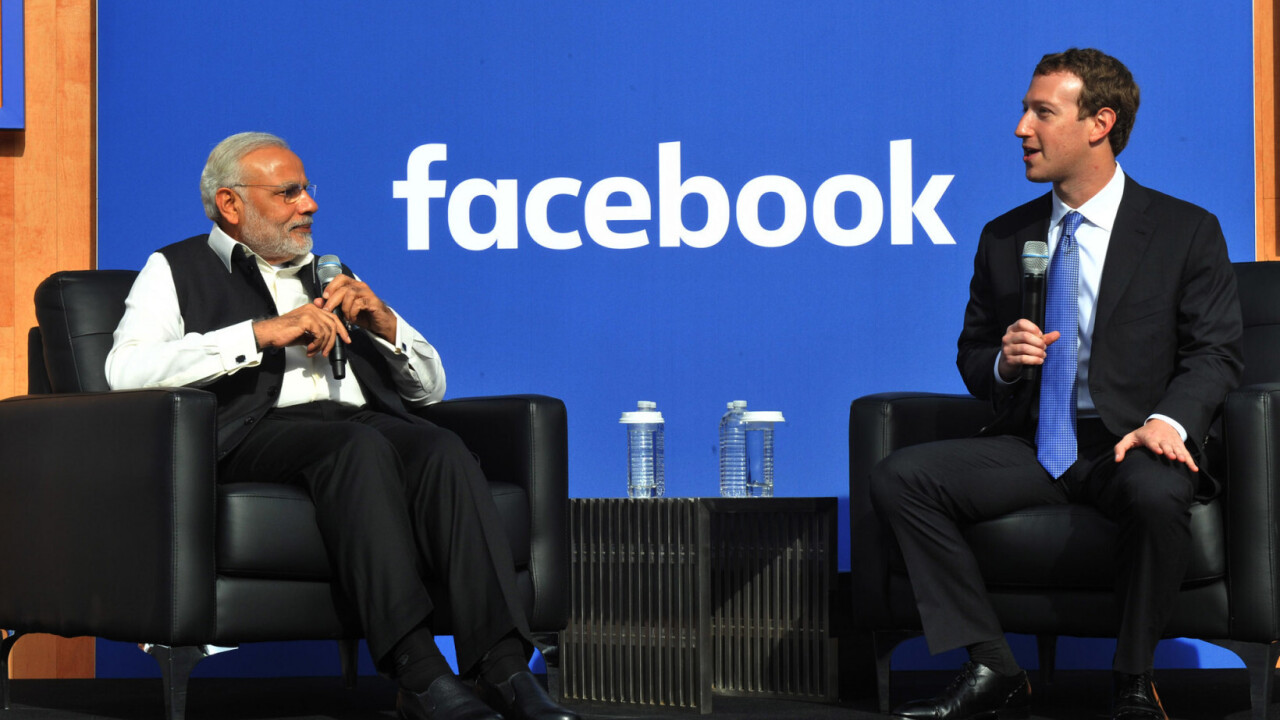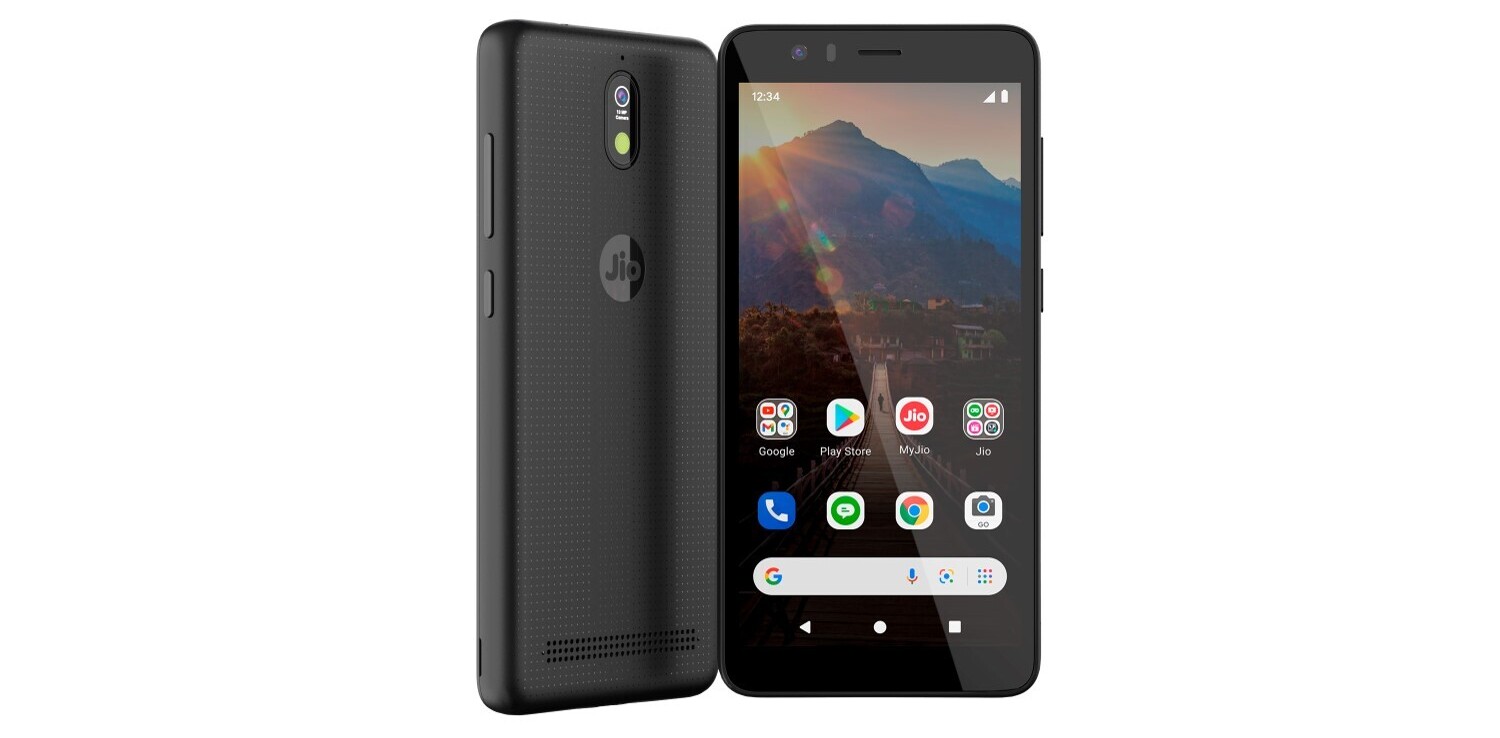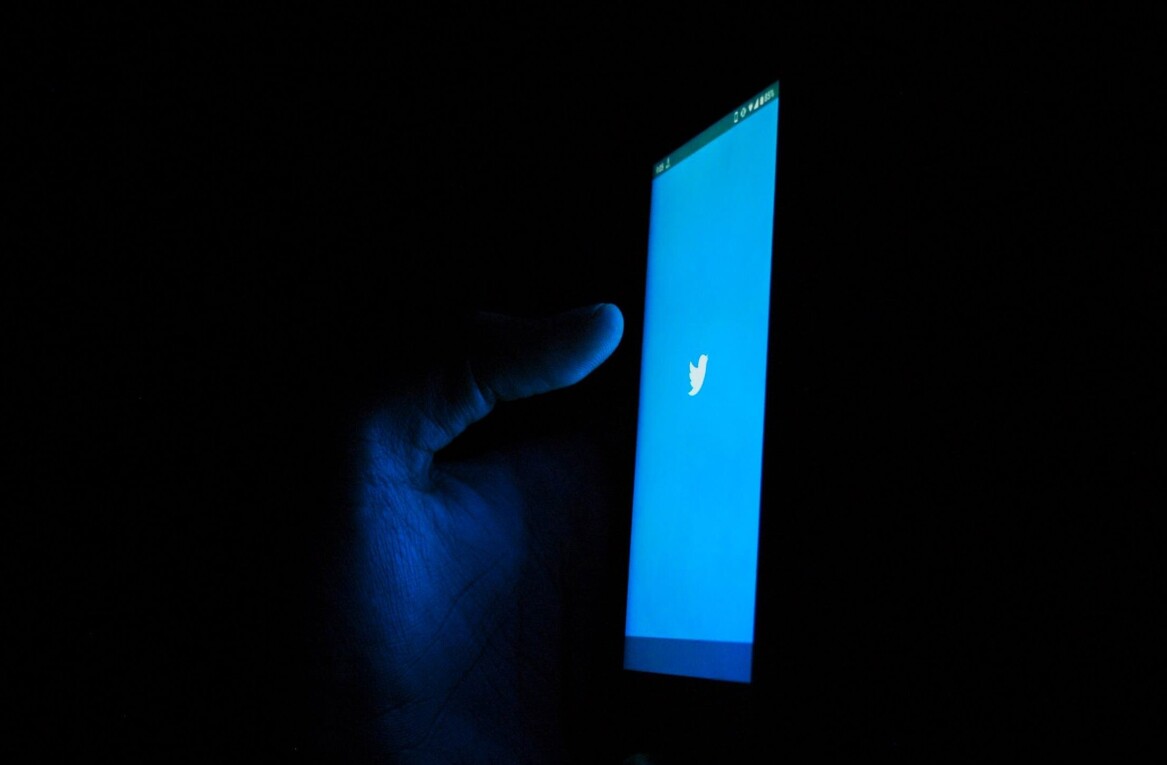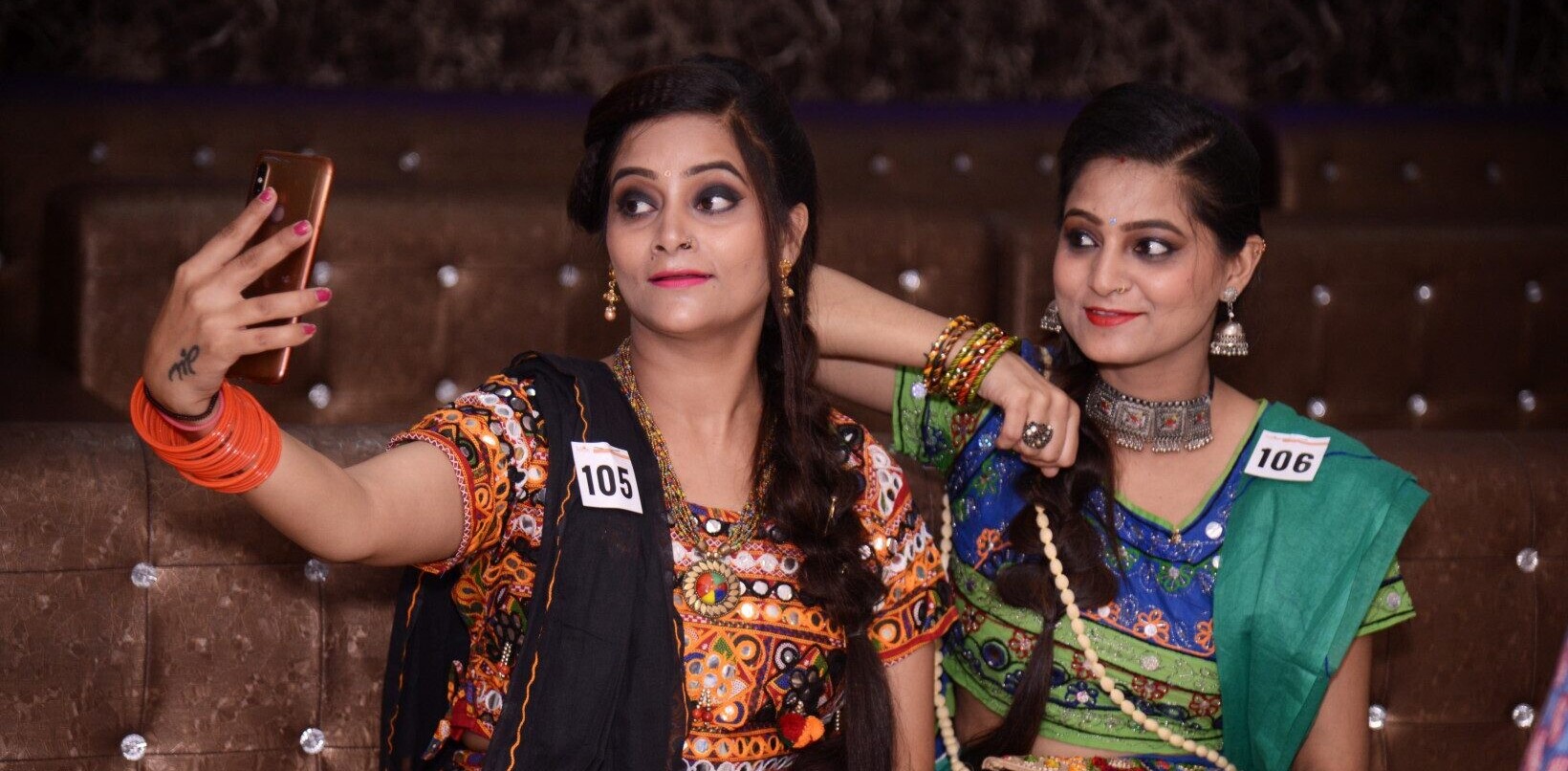India is one of the biggest markets for Silicon Valley giants such as Facebook and Google. It’s also a slippery slope in terms of politics as the ruling Bharatiya Janta Party (BJP) yields a lot of power over how these companies can operate. In the past, the parliamentary committee had summoned Twitter’s Jack Dorsey to question him about the platforms’s alleged left-leaning bias.
Because of this power, platforms often think about taking actions on incriminating posts by leaders of the party — even if they violate their content policy. According to a report from the Wall Street Journal, Ankhi Das, Facebook India’s Public Policy Director, stopped moderators from taking down posts and didn’t reveal the company took down some of the pages run by the BJP.
WSJ’s post noted that Facebook moderators marked posts by T. Raja Singh, a BJP leader, who said Rohingya Muslim immigrants should be shot. However, Das intervened and no action was taken on the account. Singh is still active on Instagram and Facebook.
The report also mentions, Anantkumar Hegde, another BJP leader, who posted cartoons and stories alleging Muslims are spreading COVID-19 under “corona jihad.” While Twitter suspended his account, Facebook removed some of his posts just last week; his Facebook account is still active.
India has a sensitive history, with communal riots in Mumbai in 1993, in Gujarat in 2002, and recently, in Delhi this year; hundreds of people lost lives in these riots. Posts mentioned above can have consequences of triggering events that may not be in Facebook’s control.
In a statement, the company said that it enforces its policies against hate speech globally without looking at a person’s political position.
We prohibit hate speech and content that incites violence and we enforce these policies globally without regard to anyone’s political position or party affiliation. While we know there is more to do, we’re making progress on enforcement and conduct regular audits of our process to ensure fairness and accuracy.
However, Facebook had refused to take down US President Donald Trump’s multiple posts that violate the policy this year. The company’s employees even took Twitter to express their displeasure against Mark Zuckerberg’s decisions.
Plus, a series of stories that allege Facebook and Das of siding with Modi and his aides paint a different picture. In 2018, Caravan reported that Facebook stopped promotion of its story that dug into financial deals of then BJP President, Amit Shah, and his son, Jay Shah. A Newsclick report published in 2018 says that Das worked closely with Modi before the 2014 general elections and even wrote an op-ed about the Prime Minister’s successful campaign on Facebook. A report from the Guardian in 2016 noted that Das “never said no” to any information Modi’s campaign wanted.
WSJ’s story is a great example of challenges that companies like Facebook might have to face in India’s tricky political climate. On occasion, it might even have to side with the government at the expense of its own policy. You can read the full post here.
Get the TNW newsletter
Get the most important tech news in your inbox each week.






